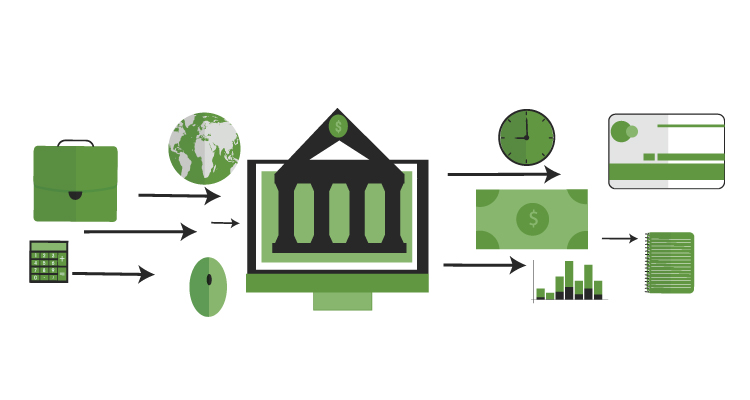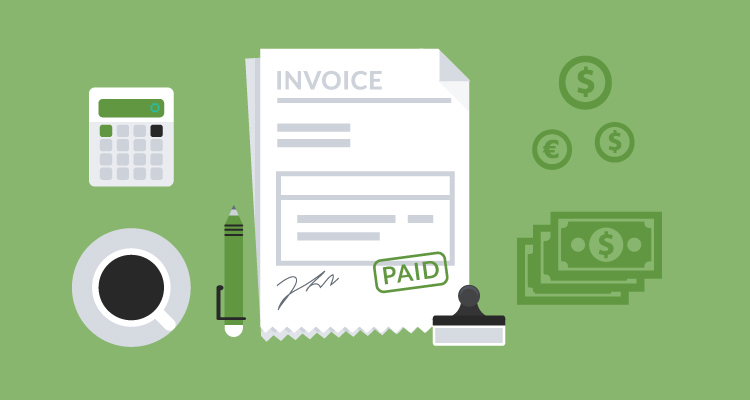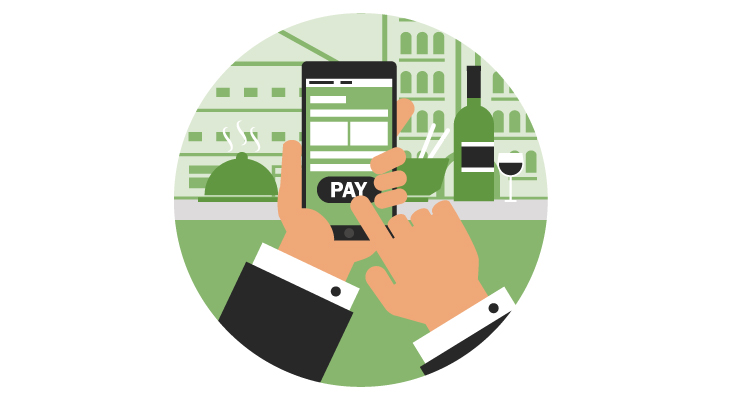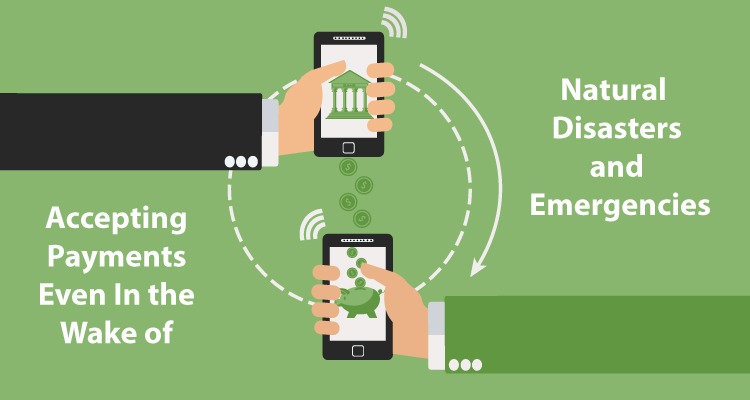2016 was one of the worst of years — in terms of natural disasters. Globally, natural disasters caused $175 billion in damage. In North America alone, there were 160 disaster events in 2016. That’s more than any year since 1980, and they were responsible for $10 billion in damage.
Unfortunately, business owners are still responsible for compensating employees and paying their expenses — even in the wake of a natural disaster. To make matters worse, there’s also the possibility that you could face a family emergency, such as a family member, or even yourself, getting sick or becoming the victim of a data breach. Again, you’re still responsible for your financial obligations.
While many organizations will work with you during this traumatic time, you still have to keep the cash flowing. That may seem unlikely, but it is possible as long as you are still able to accept payments.

Automate Your Finances
If your business uses a subscription-based model or you have a recurring contract with a client, such as monitoring a website or landing page, then you can accept payments automatically with recurring billing. Most invoicing and payment platforms allow you to withdraw a specific amount of money on an agreed-upon date. For example, you could set it up so that $1,000 is automatically withdrawn from the client’s bank account or a credit on the first of the month and placed into your business account.
This is probably the easiest and most convenient technique, but it will only work if you’re providing recurring services for a client.
I would recommend that you go a step further, and automate all of your finances by:
- Linking all your accounts, checking, savings, credit cards, 401(k), IRA, and any regular bills, together. This is so that a percentage of your salary, for example, would automatically be transferred into your savings or IRA.
- Next, you want to automate transfers from your checking account. It’s suggested that you put “10 percent towards investments, 5 percent towards savings, and 85 percent towards fixed costs and guilt-free spending.”
What I like about automating all of your finances is that despite the chaos around you, you’re still able to put money aside for your retirement or into your emergency savings fund; which may have been depleted during this trying time.

Outsource Your Billing
What if you don’t have a subscription-based business or recurring work for a client? You could consider outsourcing your billing.
The first place to start is through your accountant or financial advisor. Even if they don’t provide billing services, they may be able to refer you to an individual or organization that does provide this service. You can also hire an individual, whether it’s a freelancer or someone that you trust, like your spouse, to do your billing for you.
Keep in mind, however, that if they’re in the same region as you are, or in your family, they’re probably not able to do their outside job. That’s when a freelancer or service like AP Outsourcing, OSG Billing, or Cogneesol, maybe a better option. Because they’re not in your immediate area or personally involved with you, they can keep sending and processing invoices.

Go Mobile
The leading invoicing platforms of today, like Due and Freshbooks, all offer mobile apps. This is so that you can send, review, and approve invoices while on the go. There are also numerous digital wallets that allow the transfer of money with just a click of a button. So, if you’re really in a pinch, you could ask a client for an advance or the total amount due and then promise to invoice them later. But, this is not an optimal position to be in.
If you’re concerned about not having access to the internet, you can use tethering and mobile broadband. With tethering, you rely on your cellular data connection, while for mobile broadband you would use a separate device.
One problem with this technique is that during an emergency, access to a strong cell connection may be slim; since people are trying to reach loved ones or organizations to assist them.
Another option is tapping into someone else’s Wifi. I definitely wouldn’t recommend public Wifi, but if you have a friend or family member whose internet connection is up-and-running, ask for their password while visiting them.
How have you been able to accept payments during a natural disaster or emergency?















